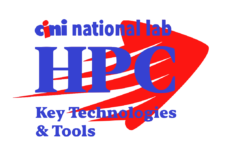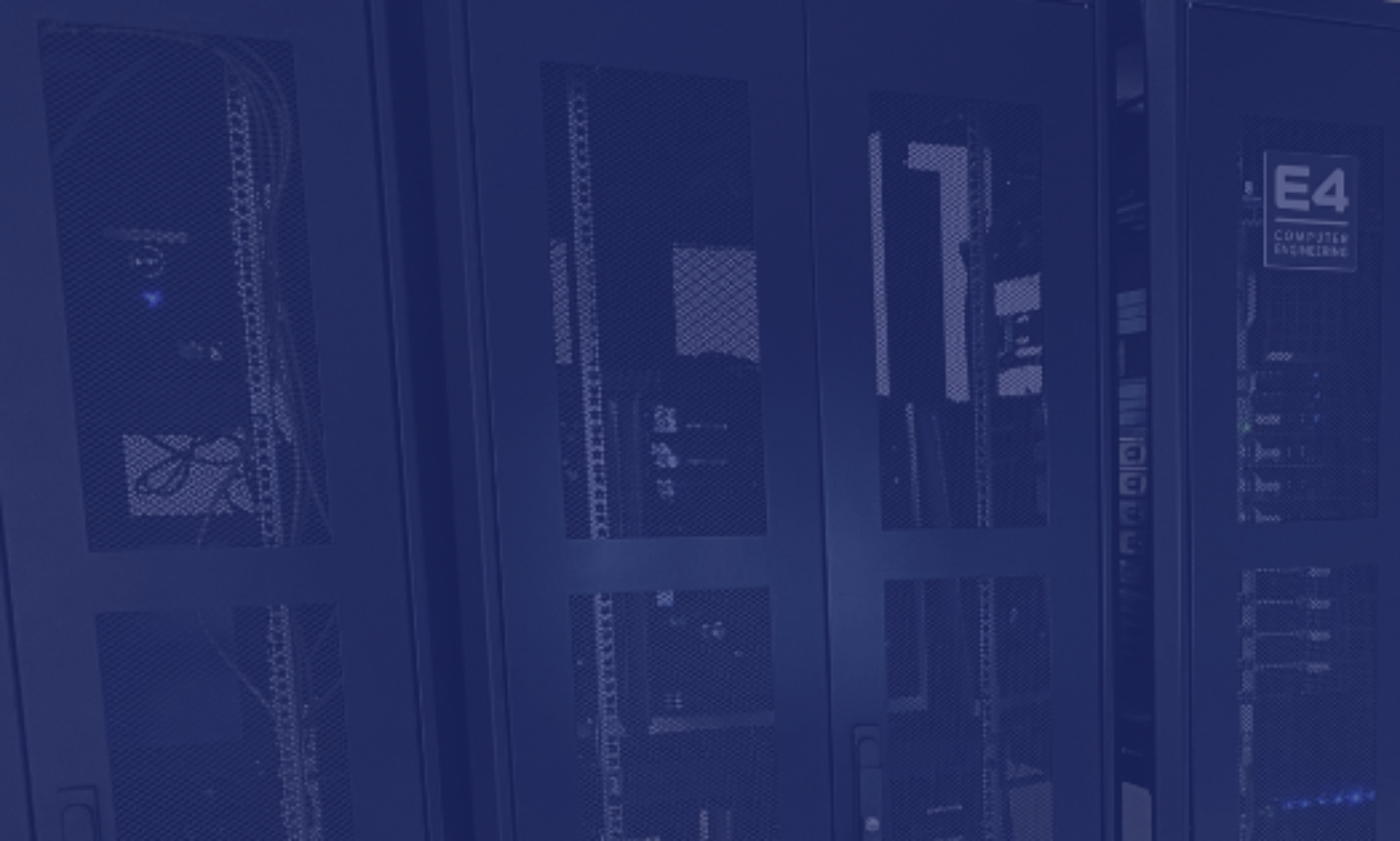The scientific community has agreed that converging traditional high-performance computing (HPC) with systems and methods inspired in Big Data science and artificial intelligence (AI) is crucial to advance knowledge discovery in a data-intensive landscape. For example, upcoming large-scale scientific experiments like the Square Kilometer Array (SKA) will have data generation rates in the order of TB/s. Transforming these massive datasets into scientific knowledge requires complex workflows able to produce insight at every stage: from the instruments and devices producing data that needs to be reduced and pre-processed in situ, to the service-oriented visualization and exploration dashboards that need to be customized for the use case of the domain scientist. In this context, heterogeneous and geographically distributed computing environments are required to form a computing continuum that seamlessly bridges data acquisition, simulations, machine learning (ML), artificial intelligence (AI) and data-driven analytics. This talk will introduce the foundations of workflow management in distributed environments, relevant workflow patterns in modern applications, and trending research directions in the workflows community.
Speaker

Silvina Caino-Lores – Inria
The scientific community has agreed that converging traditional high-performance computing (HPC) with systems and methods inspired in Big Data science and artificial intelligence (AI) is crucial to advance knowledge discovery in a data-intensive landscape. For example, upcoming large-scale scientific experiments like the Square Kilometer Array (SKA) will have data generation rates in the order of TB/s. Transforming these massive datasets into scientific knowledge requires complex workflows able to produce insight at every stage: from the instruments and devices producing data that needs to be reduced and pre-processed in situ, to the service-oriented visualization and exploration dashboards that need to be customized for the use case of the domain scientist. In this context, heterogeneous and geographically distributed computing environments are required to form a computing continuum that seamlessly bridges data acquisition, simulations, machine learning (ML), artificial intelligence (AI) and data-driven analytics. This talk will introduce the foundations of workflow management in distributed environments, relevant workflow patterns in modern applications, and trending research directions in the workflows community.
Event Timeslots (1)
Fri 20 – Applications & Performance Evaluation
-
S. Caino-Lores (Inria)

